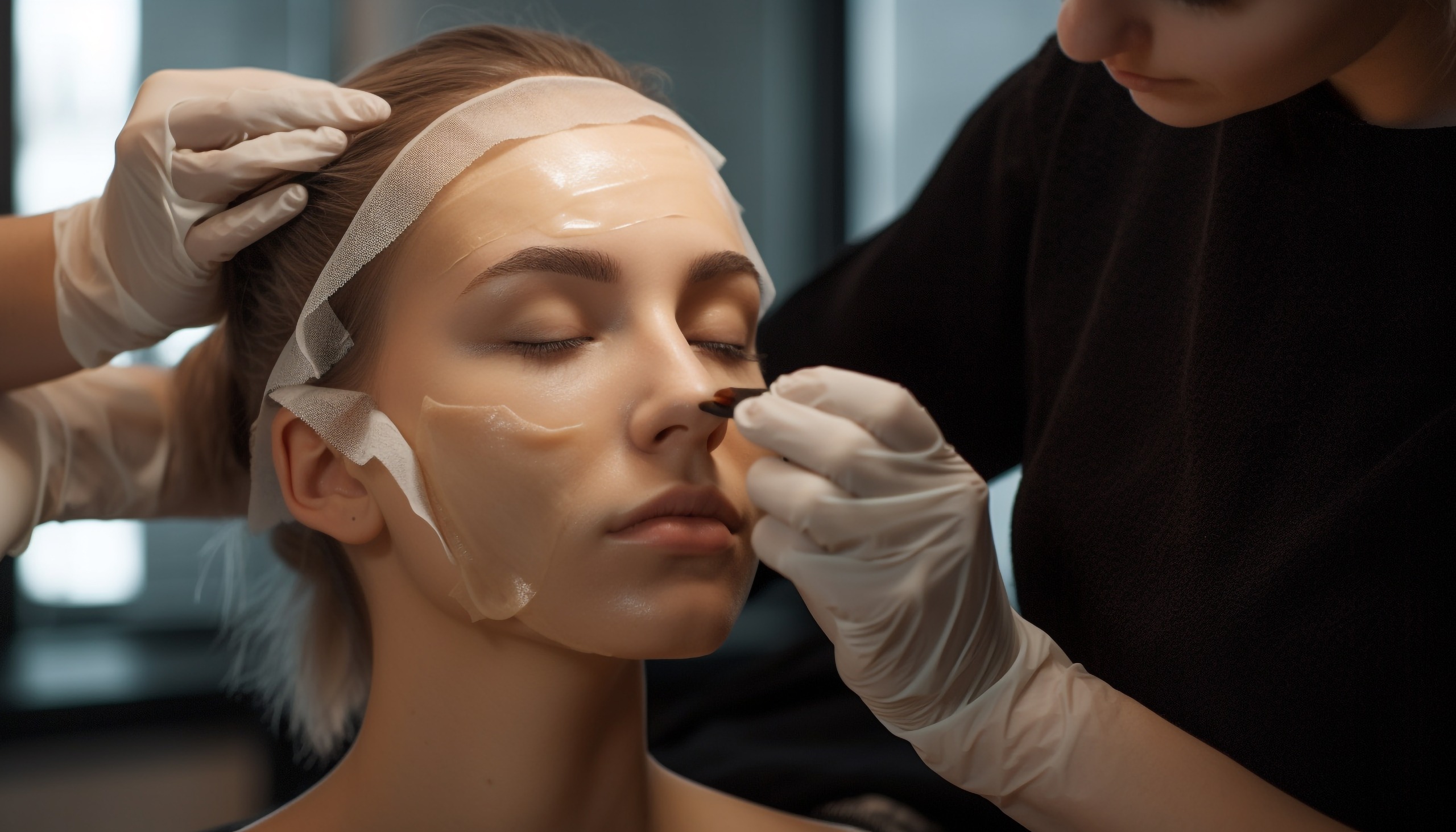Anticipating the Transformation from Before to After Your Nose Journey
Before Rhinoplasty:
- Consultation and Planning: Your surgeon will discuss your goals, assess your facial features, and develop a customized plan for the procedure.
- Medical Evaluation: You may undergo a medical examination to ensure you are a suitable candidate for surgery. Your surgeon will also discuss your medical history and any potential risks.
- Preoperative Instructions: You will receive specific guidelines on preparing for surgery, including dietary restrictions, medication adjustments, and lifestyle considerations.
- Anesthesia: Rhinoplasty is typically performed under general anesthesia, ensuring you are comfortable and pain-free during the procedure.
During Rhinoplasty:
- Surgery: The surgeon will make incisions, either inside the nostrils (closed rhinoplasty) or across the base of the nose (open rhinoplasty), to reshape the nasal structure.
- Reshaping: Cartilage and bone may be added, removed, or rearranged to achieve the desired aesthetic and functional outcomes.
- Closing Incisions: Incisions are closed with dissolvable or removable sutures, and the nose may be splinted to support the new structure.
After Rhinoplasty:
- Immediate Recovery: You’ll spend some time in the recovery room, and your nose may be packed with gauze to control bleeding.
- Postoperative Care: You will receive instructions on caring for your nose, managing discomfort, and attending follow-up appointments.
- Swelling and Bruising: Expect swelling and bruising around the eyes and nose, peaking in the first 48 hours and gradually subsiding over the following weeks.
- Nasal Splint and Dressings: A nasal splint and dressings may be in place for about a week to support the healing process.
- Returning to Normal Activities: While light activities can typically be resumed after a week, strenuous exercise and activities that may risk injury to the nose should be avoided for a few weeks.
- Final Results: Full results may take several months to a year as swelling gradually diminishes, revealing the final outcome of the surgery.
It’s crucial to follow your surgeon’s postoperative care instructions closely to optimize the healing process and achieve the best results. Additionally, keep in mind that individual experiences may vary, and it’s essential to maintain realistic expectations throughout the recovery period. Always consult with your surgeon for personalized advice and guidance based on your specific case.


Share this entry